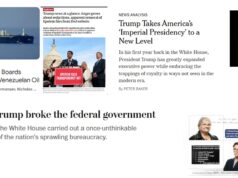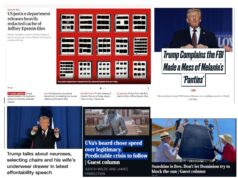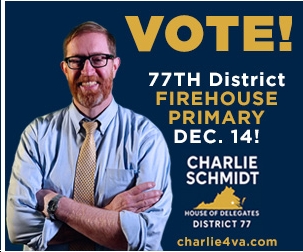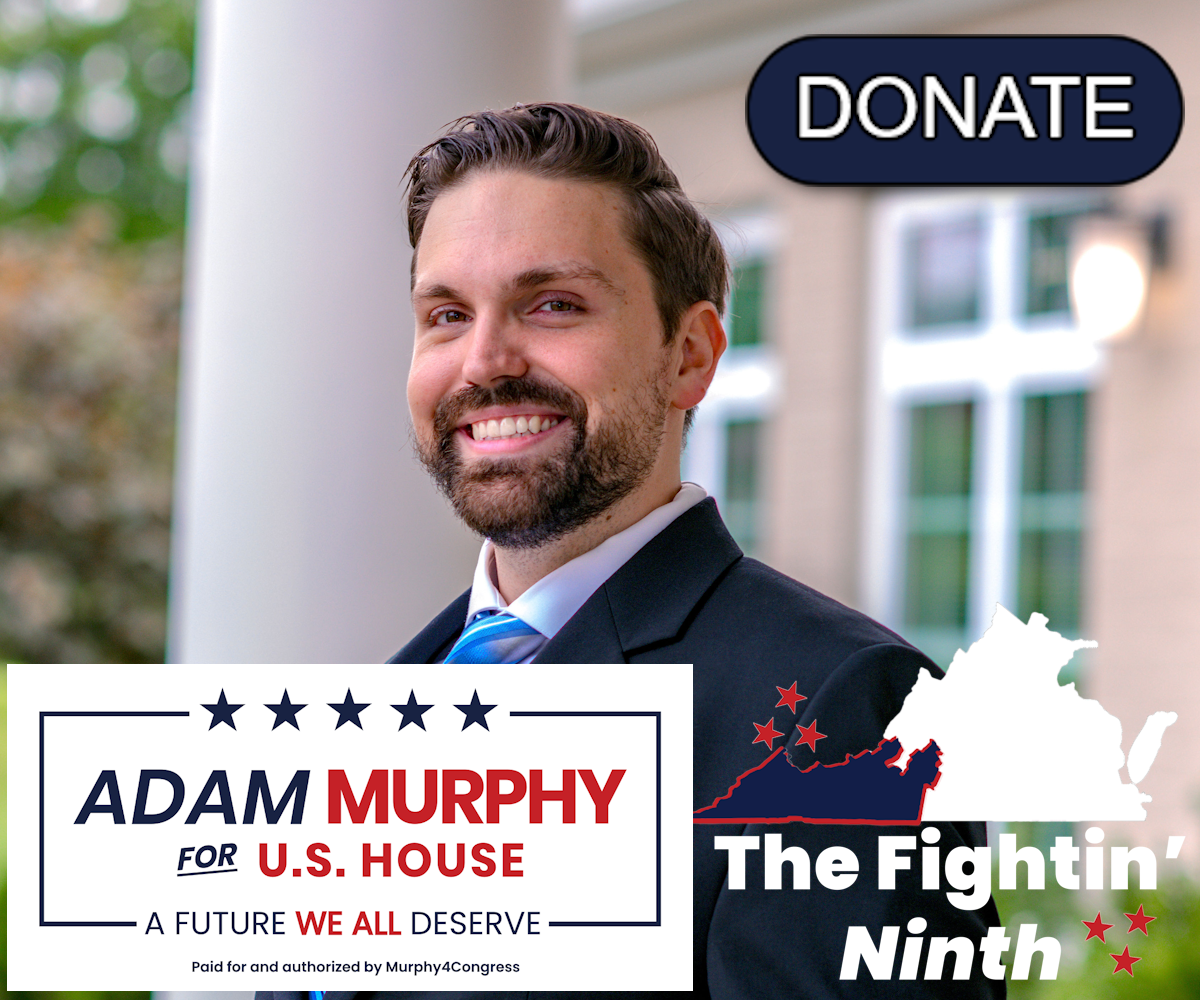See below for an excellent analysis by VA Senate Democrat and budget negotiator Creigh Deeds of the current situation with Virginia budget negotiations. Key points include:
- First off all, note that we have a two-year budget in place, with the debate right now being over possible *amendments* to that budget.
- Senate Democrats keep offering compromise proposals to House Republicans (and to Glenn Youngkin), including “a one-time tax rebate totaling $500 million,” “a one-time tax cut to the tune of $670 million” and “a one-time tax cut of $890 million.” The result so far? “The House conferees rejected that proposal and ended deliberations.”
- “Governor Brownback in Kansas a number of years ago tried to cut taxes in a manner similar to what Governor Youngkin is trying to do. The people of Kansas took umbrage with the reduction in core services due to the ensuing budget crisis. The Kansas Legislature had to reinstate the taxes that were cut shortly thereafter. The experience in Kansas provides a meaningful lesson.”
- “We are a growing and dynamic people, our population is expanding and changing. The critical investments the Senate has proposed will help build a world-class K-12 education system, make higher education more accessible to more Virginians, and expand access to healthcare, including mental health services throughout the Commonwealth. All of these services are demanded by the people…”
By the way, for more background on what Sen. Deeds is referring to regarding Kansas and Brownback, see Kansas Provides Compelling Evidence of Failure of “Supply-Side” Tax Cuts, Failed tax-cut experiment in Kansas should guide national leaders, Revisiting Sam Brownback’s tax cut disaster: How does Kansas feel about his “experiment”?, Kansas was supposed to be the GOP’s tax-cut paradise. Now it can barely pay its bills., etc. In short, the Kansas example that Sen. Deeds references was a complete, massive, unmitigated DISASTER, one that you’d think no sane leader would ever willingly repeat or emulate. Except…we’re talking about Glenn Youngkin here, so watch out! With that, here’s Sen. Deeds’ analysis of where we’re at right now in terms of Virginia budget negotiations.
*******************************************************
Virginia budgets on a biennial basis, which means we adopt a two-year budget in even years and make amendments in odd years. During the 2001 Session, while the Republicans had a trifecta, the Senate Republicans objected to efforts by Governor Jim Gilmore and the House of Delegates to advance the roll out of the car tax because of the dismal fiscal climate. As a result, the legislature did not adopt amendments in the second year of the 2000-2002 biennium. The budget adopted in 2000 remained in place, and the Governor had certain constitutional and statutory limits on what he could do with any surplus or shortfall that arose.
We find ourselves in a similar situation 22 years later. Governor Youngkin and his allies in the House have insisted on roughly a billion dollars in permanent tax cuts, on top of the 4 billion in tax cuts that were agreed to last year. We, in the Senate, have taken a different tact, spending that money instead on K-12 education, higher education, and mental health. All of those areas have been underfunded over the course of at least the past 20 years in part because of our continuing commitment to car tax relief. Fortunately, the amount of the tax paid back to localities by the state was capped at $950 million a year.
This year, at the end of the regular session in February, the budget conferees were unable to reach agreement. We came close. Politics is about the possible, not the perfect. The Senate conferees offered a one-time tax rebate totaling $500 million, which was rejected by the House conferees. Between the end of February through June 26, conversations had continued to occur between the House Appropriations Committee Chair, Barry Knight, and the Co-Chairs of the Senate Finance and Appropriations Committee, Janet Howell and George Barker. With the primaries finished, we turned our attention to in-person meetings earlier this week. On Monday, we met and held real conference discussions, hammering out areas of dispute between the Senate and House spending plans. I felt like we were going to be able to reach an agreement.
On Tuesday morning, we began to have the same sort of back-and-forth discussions. We had sent the House another compromise, after they had first rejected the idea, proposing a one-time tax cut to the tune of $670 million. Candidly, that was more than any of us in the Senate conference wanted, but we also knew that we needed a budget. Local governments, our public school systems, colleges and universities, and every state agency needs some certainty about the budget. That proposal was rejected by the House.
Later that morning, we sent a third compromise. We essentially agreed to the amount of tax cut the Republicans in the House and the Governor wanted. We would not, however, agree to make those tax cuts permanent. We proposed a one-time tax cut of $890 million. The House conferees rejected that proposal and ended deliberations. It was a disappointing end to some of the most critical work of the legislature.
The word is the Governor will call a special session the week of July 11, for us to continue this conversation and try to reach a budget agreement.
Governor Brownback in Kansas a number of years ago tried to cut taxes in a manner similar to what Governor Youngkin is trying to do. The people of Kansas took umbrage with the reduction in core services due to the ensuing budget crisis. The Kansas Legislature had to reinstate the taxes that were cut shortly thereafter. The experience in Kansas provides a meaningful lesson.
We are a growing and dynamic people, our population is expanding and changing. The critical investments the Senate has proposed will help build a world-class K-12 education system, make higher education more accessible to more Virginians, and expand access to healthcare, including mental health services throughout the Commonwealth. All of these services are demanded by the people, and I am confident we will ultimately reach an agreement that serves the Commonwealth well.













![Video: Sen. Tim Kaine on “Meet the Press” Says DoJ Not Complying with the Law on Release of ALL the Epstein Files, But Argues “I think [impeachment/contempt for DoJ officials is] premature”](https://bluevirginia.us/wp-content/uploads/2025/12/kainemtp1221-100x75.jpg)

![Video: Rep. James Walkinshaw (D-VA11) Says “It’s enormously frustrating,” as “the law is clear…the full files were supposed to be released [yesterday] and the Trump administration is not in compliance with that law”](https://bluevirginia.us/wp-content/uploads/2025/12/walk1219-100x75.jpg)